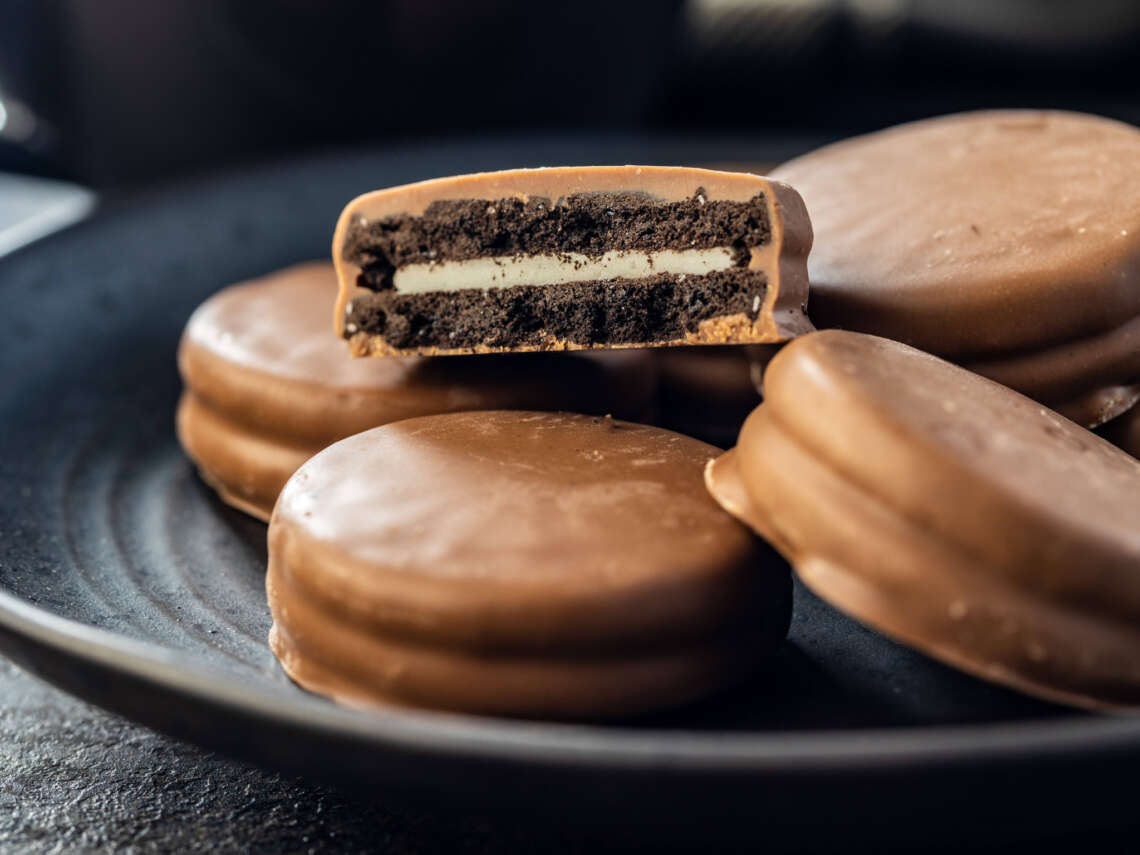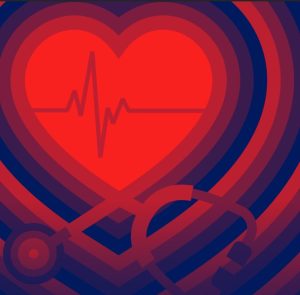Eating a light dinner that is low in calories and high in nutrients can help with weight loss. Eating a heavy dinner close to bedtime can cause weight gain as the body is less active and burns fewer calories during sleep…reports Asian Lite News
The timing of food intake can affect weight loss in several ways. Eating at regular intervals throughout the day, rather than skipping meals or having large gaps between meals can help regulate hunger and prevent overeating.
Eating a larger breakfast, a moderate lunch, and a smaller dinner has also been shown to be beneficial for weight loss. In addition, eating a healthy snack before bedtime can help prevent late-night snacking, which can lead to weight gain. However, it is important to note that overall calorie intake and balance of macronutrients are more important than the timing of meals for weight loss.
Breakfast
Eating a nutritious breakfast within the first hour of waking can jumpstart metabolism and provide energy for the day. It regulates our hunger hormones and keeps us fuller and pleased for longer. Skipping breakfast can lead to overeating later in the day and slow metabolism. No matter what, don’t skip meals. Skipping breakfast is frequently linked to a number of unhealthy indicators, including weight gain and decreased glucose metabolism. People frequently find that eating breakfast reduces impulsive snacking and prepares the body for a day of healthy nutrition. Your metabolism can be boosted for the day by having a well-balanced breakfast that includes high-fibre foods like berries and a decent source of protein like Greek yogurt.

Lunch
Although lunch should be your largest meal of the day, the timing of lunch seems to have the least impact on weight loss (along with breakfast if consumed). This relates to the fact that the body is more effective earlier in the day at digesting food, burning calories, and controlling hormones thanks to those circadian rhythms. Eating a balanced lunch that includes protein, whole grains, and vegetables can help control hunger and keep energy levels steady throughout the afternoon. Skipping lunch can lead to overeating or making poor food choices later in the day. According to studies, the best time to eat lunch is between 12 and 2 p.m. We must, of course, keep in mind that we are all unique, so this may not apply to everyone. If you’re busy or distracted, skipping lunch could be tempting, but it might lead to issues later in the day. By depriving your body of energy, skipping lunch might leave you feeling groggy or sleepy. Furthermore, you may become unusually hungry in the afternoon, leading to overeating at your final meal. Finally, listening to your internal cues to identify your hunger level and making the right option is the best strategy.
Dinner
Eating a light dinner that is low in calories and high in nutrients can help with weight loss. Eating a heavy dinner close to bedtime can cause weight gain as the body is less active and burns fewer calories during sleep. Eating a late dinner may also disrupt sleep, which can lead to weight gain. The ideal time for your last meal of the day is at least three to four hours before you go to bed. A late meal or eating too late at night may increase your risk of obesity and metabolic disturbances like dyslipidemia and hyperglycemia, according to studies. Those who consumed more calories at dinner than they did at breakfast had more pronounced insulin resistance. This result implies that cutting back on dinnertime calories may eventually help lower insulin resistance. Soup, grilled chicken or fish, a big bowl of salad, multigrain roti with palak paneer, or boiling chana masala are all acceptable options for dinner.

For those attempting to reduce weight, meal timing is a crucial component. All of the major food categories should be present in a balanced meal for you. Keep all food groups in your diet. If you want to reduce weight, choose little, regular meals rather than 3 large ones. Between meals, consume a healthy drink or a healthy snack. Also, keep track of the time you consume each meal.













